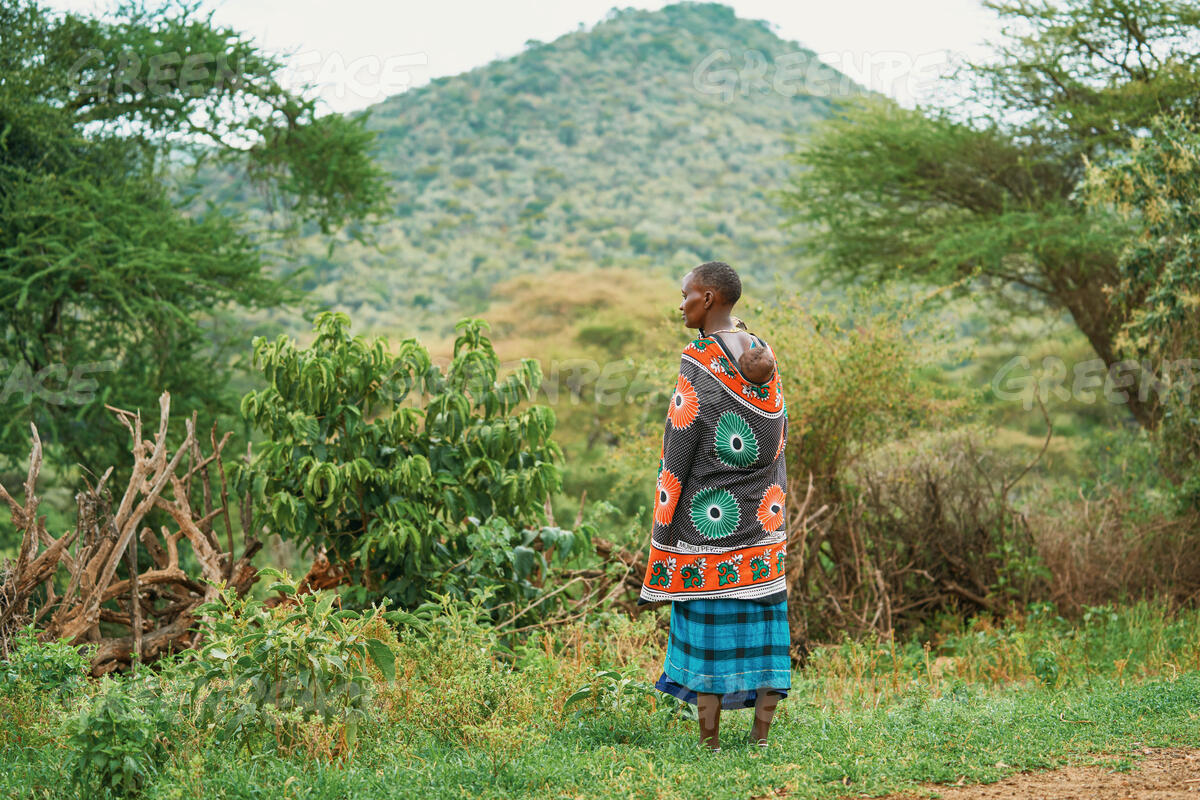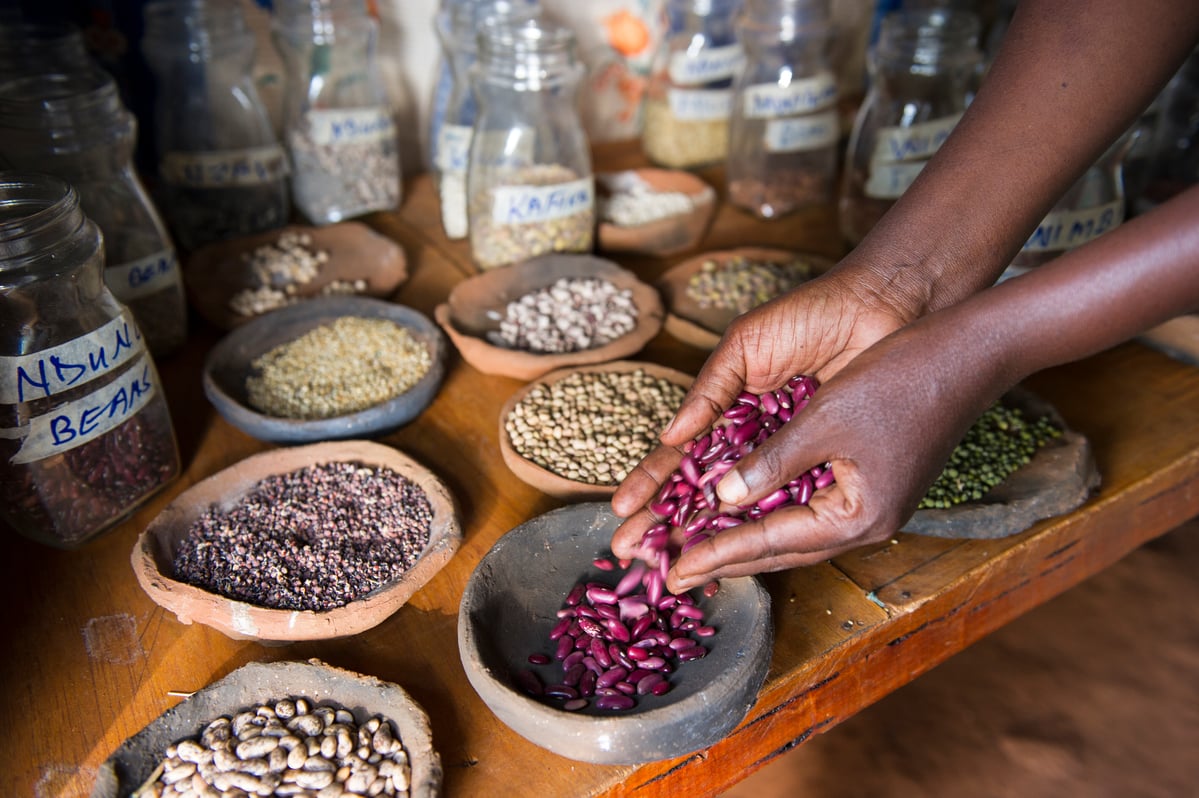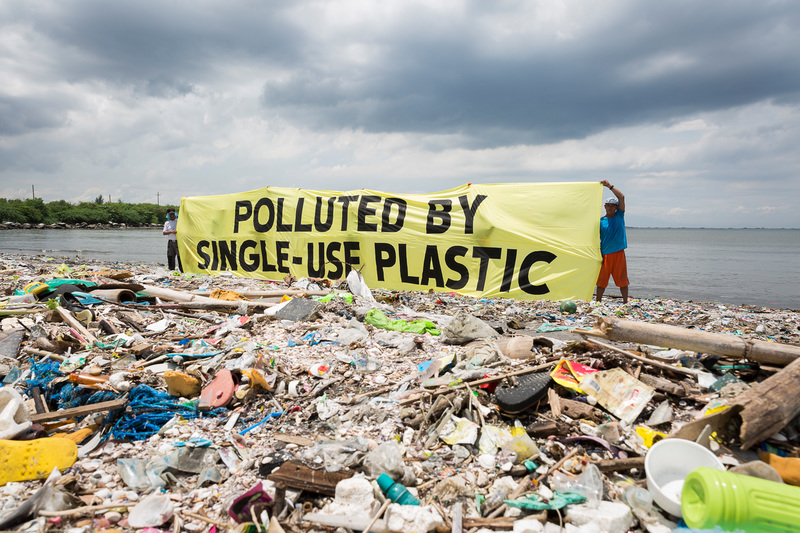Nairobi, 20 June 2022 – As the UN Convention on Biological Diversity (CBD), COP 15 kicks off in Nairobi Kenya, Greenpeace Africa has called on Kenya’s government to recognise smallholder farmers’ rights to indigenous seeds and amend the punitive seed laws that seek to criminalise farmers from sharing and selling seeds that are not certified or registered.
Ratified by 192 parties,, the CBD is dedicated to promoting conservation of biological diversity, sustainable use of biological resources and equitable benefit sharing from the use of genetic resources among its member states. The Convention recognises that biological diversity is declining and the close and traditional dependence of many indigenous and local communities on biological resources is at risk.
Ahead of the conference, Greenpeace Africa’s Campaigner Claire Nasike has said:
“Local farming communities are the custodians of indigenous seeds, which are critical in the conservation of agrobiodiversity. The CBD COP15 needs to amplify local voices and the rights of these communities and safeguard them from exploitation, dispossession of biological resources.
“By ratifying the Convention on Biological Diversity in 1994, Kenya agreed to the conservation of its biodiversity. Kenya’s government has however failed to conserve and protect indigenous seeds as part of its biological resources and instead passed draconian laws that allow multinationals to profit from the sale of certified and improved seed varieties and oppress the local smallholder farmers that feed Kenya’s population.
“Such neo-colonialist laws are the epitome of corporate greed, emanating from the industrialisation of Agriculture. Kenya’s government needs to shift power from exploitative multinationals to indigenous peoples and local communities that are essential in the conservation of biodiversity. Greenpeace Africa is petitioning Kenya’s government to amend these punitive seed laws and allow farmers to freely share and sell their seeds.”
According to the Food and Agriculture Organisation (FAO,) there has been a drastic decline in the loss of biodiversity, in particular, the plant genetic diversity. FAO estimates that since the 1900s about 75% of the plant genetic diversity has been lost. This translates to a loss in the food diversity available to human beings. “The outcomes of the CBD should be geared towards strategies that encourage member countries to halt any further loss of biodiversity” concluded Nasike.
Notes to the Editor:
- The Seed and Plant varieties Act Cap 326 of 2012 prohibits farmers from sharing, exchanging or selling uncertified and unregistered seeds. This legislation, punishes offenders with a prison sentence of upto a maximum of 2 years or a fine of up to KES 1,000,000 or both.
- Petition to Kenya’s government to amend punitive laws can be found here.
- More information on the CBD can be found here.
Media Contacts:
Greenpeace Africa Press Desk: [email protected]
Hellen Kahaso Dena, Communications and Story Manager, [email protected], +254 717 104 144




Discussion
Welcome
It is good to observe our inviroment and also try to the level best to look adquate of clean water and food security .
Thank you for your comment. We need to protect the environment and its inhabitants.